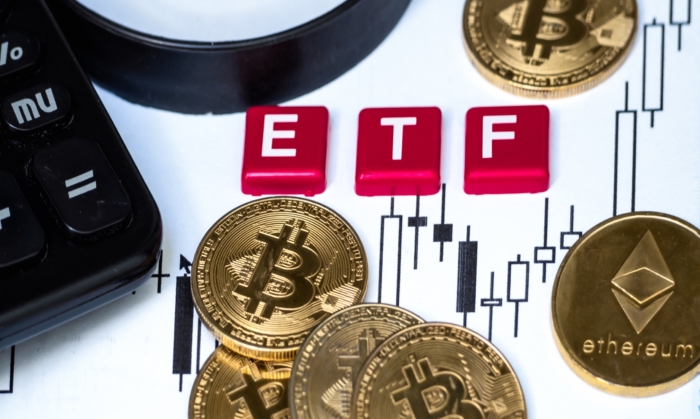Among the most interesting financial products of the moment are ETFs, which are forms of passive collective asset management, i.e., they replicate in all respects the trend in the value of a certain commodity, index, or market.
What is an ETF
ETF is the acronym for “Exchange Traded Fund” and therefore indicates funds that are traded on an exchange. Unlike many traditional funds, ETFs are therefore managed passively. Passive means that the management can be automated and does not require the intervention of analysts.
The fact that EFTs are traded on exchanges allows investors to constantly follow the performance of their fund’s quotes whereas for traditional funds, the current quote is generally only published once a day. These instruments have earned their reputation due to the fact that actively managed funds are notorious for having difficulty beating the benchmark index, i.e., outperforming passive management. ETFs have lower management and distribution costs than traditional funds. However, the fact that they are traded on an exchange means that investors have to pay stock exchange fees, taxes, and bank charges.
Bitcoin and ETFs
A bitcoin ETF is therefore nothing more than a fund that allows investments in bitcoin, without the need to directly own the cryptocurrency.
In the US, many players in the financial sector have been trying to launch bitcoin ETFs since 2013. The Securities and Exchange Commission (SEC) has always rejected every application and still has 30 under evaluation, however, it is news these days that the SEC has tacitly authorized the application submitted by ProShares to market a bitcoin-based futures ETF product, the Bitcoin Strategy ETF (BITO). Under federal law, the SEC can simply allow an application to become effective, rather than making a formal announcement.
The first U.S. product will therefore track bitcoin futures, rather than the price of bitcoin directly. As stated on their website “The Fund seeks to provide capital appreciation primarily through managed exposure to bitcoin futures contracts.” and it does not invest directly in bitcoin. SEC Chairman Gary Gensler said he believes that futures-based products should provide more protection to investors because of the laws under which they operate.
In several other countries, it is already possible to buy Bitcoin ETFs, such as in Canada, where the Purpose Bitcoin ETF, the first one in this country, got the green light on February 18th 2021, and was a huge success among institutional investors. Canadians can buy Purpose Bitcoin ETF (BTCC) in brokerage platforms such as Wealthsimple and Questrade. Three others have launched since then: Evolve Bitcoin ETF (EBIT), CI Galaxy Bitcoin ETF (BTCX) and 3iQ CoinShares Bitcoin ETF (BTCQ). The fact that the market is also opening up in the US has a clear meaning of further acceptance of the crypto world within traditional finance.
Advantages of ETFs for bitcoin
Proponents of bitcoin ETFs believe the product will be more widely accessible to individuals interested in bitcoin than the actual cryptocurrency, thus giving investors a regulated alternative to the underlying digital asset.
This simplifies access to the crypto market, in particular bitcoin, for people who do not want or are not interested in dealing with the world of cryptocurrencies and its tools such as wallets, keys, exchanges, but prefer already known and more traditional investment methods. The solution, therefore, combines the best of both worlds: on the one hand allowing you to exploit the potential of bitcoin, but keeping the process in a known context.
Conclusions
Thus, the availability of bitcoin ETFs will bring more investors into the crypto space and facilitate greater awareness of the industry among the general public. Finally, a greater influx of capital on bitcoin should push the bitcoin value higher and benefit current investors.





